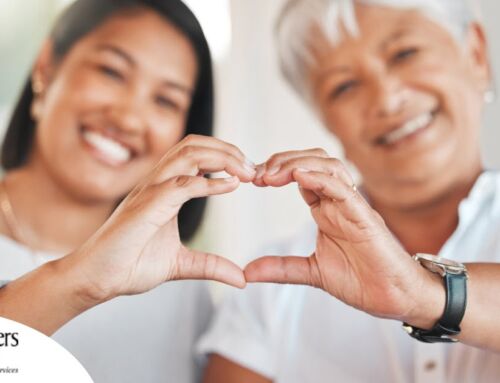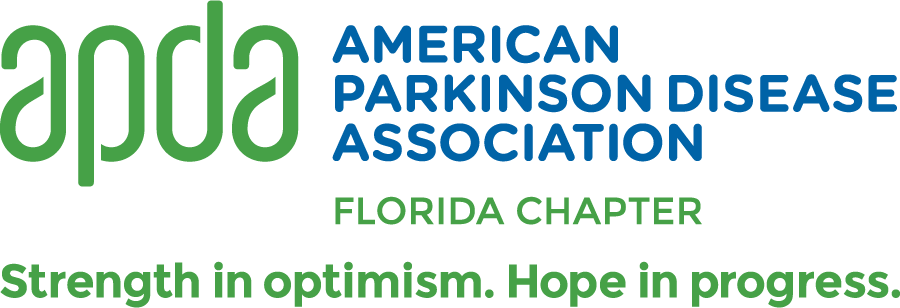Have you ever heard teenagers talking and wondered what the heck they’re saying? Full conversations can be had in slang and if you don’t at least understand it, you may have a bridge to gap with your grandkids. In fact, it’s not just teenagers (Generation Z), but Millennials (born 1981-1996) and even some Generation X’ers (born 1965-1980) are using some of these words also.
While you may not want to adapt the new vocabulary into your daily conversations (or you may!), at least understanding these current slang words will help you know where “kids these days” are coming from.
2020s Slang Words
Big Yikes
The easiest for many of us to understand, as the word yikes originated as an expression back in the 1950’s. Big yikes is used when a regular yikes just isn’t sufficient.
“I crashed my scooter into the neighbor’s garden yesterday – yikes!”
“I crashed my scooter into the neighbor’s garden yesterday and broke their birdbath – big yikes!”
Lit
This one has a double meaning, so you have to use context when trying to understand it. One meaning can be to describe something or a situation that is high-energy, fun, amazing or exciting. But it can also mean drunk or intoxicated.
“Nani, Jason’s birthday party was so lit! He had a piñata and Mariachis!”
“But at the birthday party, Jason’s dad was so lit, we just stayed away from him”.
Bae
This term has also derived from a shortening to make it more current. The term comes from the word “babe” and usually refers to their boyfriend or girlfriend. Although, it can also be used to refer to a best friend.
“So Grandpa…Grandma is your bae, right?”
“Nana, you know that Mikey is Janet’s bae.”
Savage
This word is used in description of someone who is aggressive, passionate, mercilessly honest or brutal in some way. It can be used in a negative way, but is often an expression of admiration.
“The way the soccer player scored that goal was savage!”
Tea
Tea is a slang word for gossip and “spilling the tea” means to share some gossip.
“Don’t hold out on me, spill the tea!”
Yaaas
This one is easy, although if you see it written out, it may have any number of “a’s” in it. It’s a term of agreement, derived from the word “yes”, but also indicates a level of excitement from the speaker.
“We’re going go-karting Friday? Yaaaaas“.
Can’t Even
This is an expression that often leaves out the final emotion of what the proper English expression would be. It’s used to denote the lack of ability to do something in reaction to an event or situation that has occurred. You do have to listen to the context of how this slang term is used to derive how the user is feeling.
“Wow, that was so awkward, I can’t even.” – missing words might be: cope, manage, think, react.
“That video was so funny, I can’t even.” – missing words might be: stop laughing, breathe, look at it.
Salty
To be salty is to be cranky, bitter or upset. It’s usually in reference to something that is minor, but the person is disproportionately upset.
“You don’t have to be so salty about having to stand in line for 5 minutes!”
“Wow, you’re really salty today”.
Basic
Someone who is described as basic, is someone who doesn’t think or make decisions for themselves or fits the exact stereotype of others their age. It can also mean boring and/or unoriginal. They may even refer to themselves as basic, in a joking manner.
“I just got a pumpkin spice latte from the coffee shop; I’m that basic“.
“Look at her, she’s just taken 100 selfies. So basic!”
Fleek (On Fleek)
This is a description of something that is/was perfect or perfectly precise. In that past we may have used the term “on point” or “awesome”.
“Marsha’s eyebrows are on fleek!”
“Mimaw, you’re looking on fleek today!”
Woke
When the word woke is used, it generally means that someone is aware of social and/or racial injustice or discrimination. Think – “awake” to injustice.
“My Poly-Sci teacher Ms. Lowell was at the rally last week. She’s my hero, she’s so woke.”.
Bet
As with most slang words, this one has it’s origin in an older slang term, “You bet!” and “I bet!”. It’s been used since before the turn of the century as an affirmative response; Mark Twain used it in his writings as early as 1872. It even became popular from the 1940’s to the 1960’s on radio and television, when Groucho Marx hosted a comedy quiz show called “You Bet Your Life”.
Today’s usage is similar. It’s used in affirmation in place of the words ‘ok’ or ‘yes’.
“Hi (grandchild’s name), I’ll see you on Thursday, right?” “Bet Grandpa!”
Shook
To be shook is to be quite validly emotionally upset about a negative thing that happened. It could also mean surprised or shocked.
“I was shook to hear Mr. Philips is leaving the school! He’s my favorite teacher”.
“Wow! That movie ending has me shook“.
Extra
The thinking behind this one makes it one of the easier to understand. It refers to someone or something that is overly dramatic or unnecessarily over the top.
“Samantha spent $200 on getting her nails done for prom. She’s so extra!”
I’m Done
When you feel as though you’ve tried your hardest and can’t do anymore or withstand a situation anymore, you may use I’m done. It usually denotes finished, fed up, mad or otherwise opposed to giving further effort.
“I studied for three hours and still don’t understand it. I’m so done.”
Hangry
Hangry is an easy one, it’s just the combination of the words angry and hungry. It’s used to describe the crankiness one feels when they are over-hungry.
“We need to get you a snack, you seem awful hangry“.
Fire
The current slang word fire means something is amazing or very cool.
“That movie was fire Grandma!”
“Oooh, those sneakers are fire!”
For more slang terms you may want to know, click here to read a terrific article over at Very Well Family.
Wrap Up
You won’t just hear these slang words in conversation. If you text with any other above mentioned age groups, you may also see them in texts as well. The more you understand the youths around you, the better!
~ ~ ~
Do you have questions about how you can better support your loved one while they age in place in South Florida or regarding homecare in general? Please contact CareGivers of America here: Contact or call us toll free: 800-342-4197
*No information in this article is to be taken as advice, medical or otherwise. This post is not sponsored, but may contain external links to websites, articles or product examples. External links are used for example or refence purposes only and these links do not indicate specific product or website endorsement by CareGivers of America.







